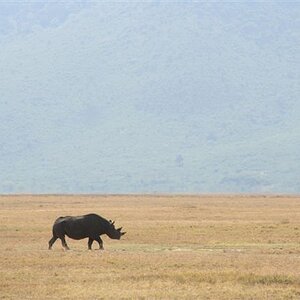skieur
TPF Noob!
- Joined
- May 14, 2007
- Messages
- 5,071
- Reaction score
- 204
- Location
- Canada
- Can others edit my Photos
- Photos OK to edit
Let us keep in mind that we talking about "live" or real time critiques. Web crits are very different.
That being said where were those thoughts when I was in college! Students were literally reduced to tears weekly. Not saying that was a good thing, but it certainly got us thinking . Strangely enough I know for a fact that it made me a better photographer.
Love & Bass
Yes, I don't think that false positive comments ever got anyone thinking seriously about their photos.
skieur



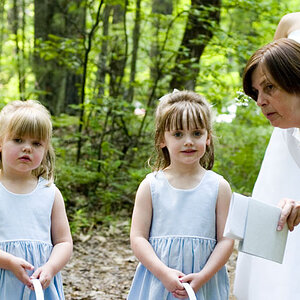
![[No title]](/data/xfmg/thumbnail/38/38748-ed31bfa7e0ad498ba3aa5dfbf3666f8d.jpg?1619738704)
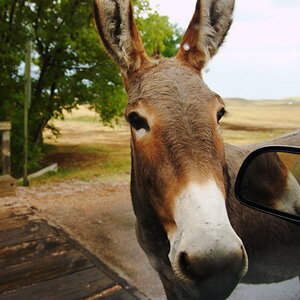
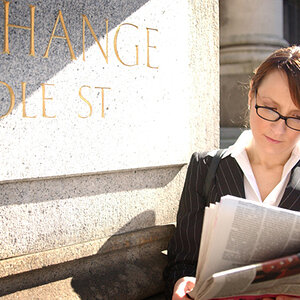
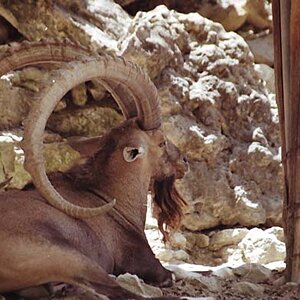

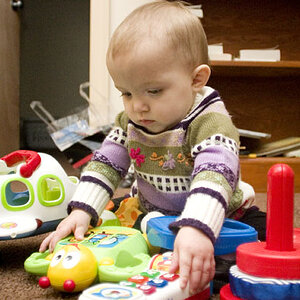
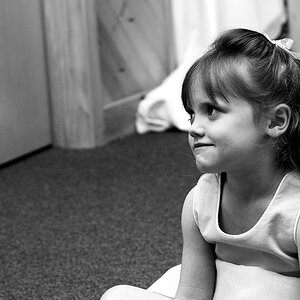
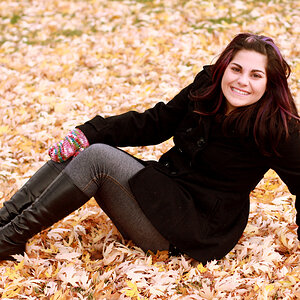
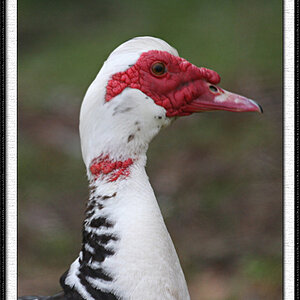
![[No title]](/data/xfmg/thumbnail/42/42015-c5cdef195e2aab7b272f0c03437c42c4.jpg?1619739978)
